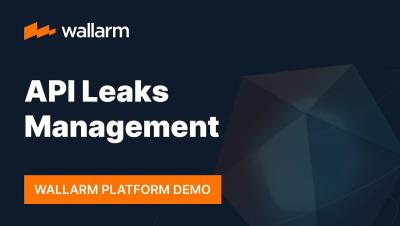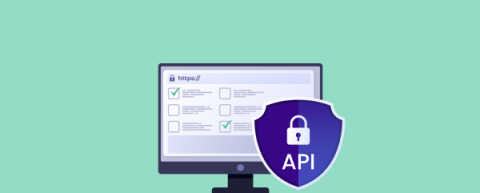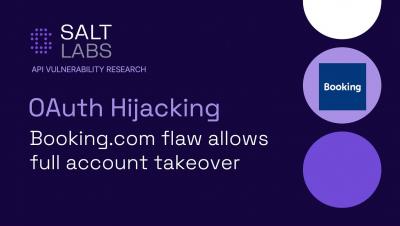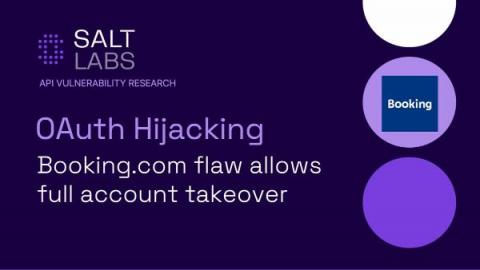Security | Threat Detection | Cyberattacks | DevSecOps | Compliance
API
Wallarm Platform Demo: API Leaks Management
Wallarm Platform Demo: Using the Settings Menu
Wallarm Platform Demo: API Discovery & API Posture Management
API Security 101: Understanding the Risks and Implementing Best Practices
Being with the "best of the best" as a YC Top Company
Salt has long benefited from the unique support that comes from being part of the Y Combinator accelerator program (Salt was in the Winter 2016 batch), and all these years later, we’re thrilled to have been named to not one but two of YC’s Top Company lists – the Top Private YC companies 2023 and the YC Breakthrough Companies 2023. For the Top Private list, it’s deja vu all over again, since we made that list last year as well.
OAuth security gaps at Booking.com (now remediated)
Traveling with OAuth - Account Takeover on Booking.com
OAuth (Open Authorization) is a modern, open authorization standard designed to allow cross-application access delegation – for example, allowing your application to read data from your Facebook profile. Combined with the proper extensions, OAuth can also be used for authentication – for example, to log into your application using Google credentials. Since its first introduction in 2006, OAuth has gained tremendous popularity.
How to integrate continuous API fuzzing into the CI/CD?
API security is a growing concern for businesses that offer or consume APIs. APIs, or application programming interfaces, allow different software systems to communicate and exchange data. They allow businesses to build integrations and connect with partners, customers, and other stakeholders. However, as more sensitive data is being shared through APIs, it is essential to ensure that these interfaces are secure and protected from unauthorized access or manipulation. In this blog post, we'll discuss how continuous fuzzing can be a powerful tool to secure APIs and how developers can adopt a "secure by default" approach by integrating continuous fuzzing into SDLC processes.











